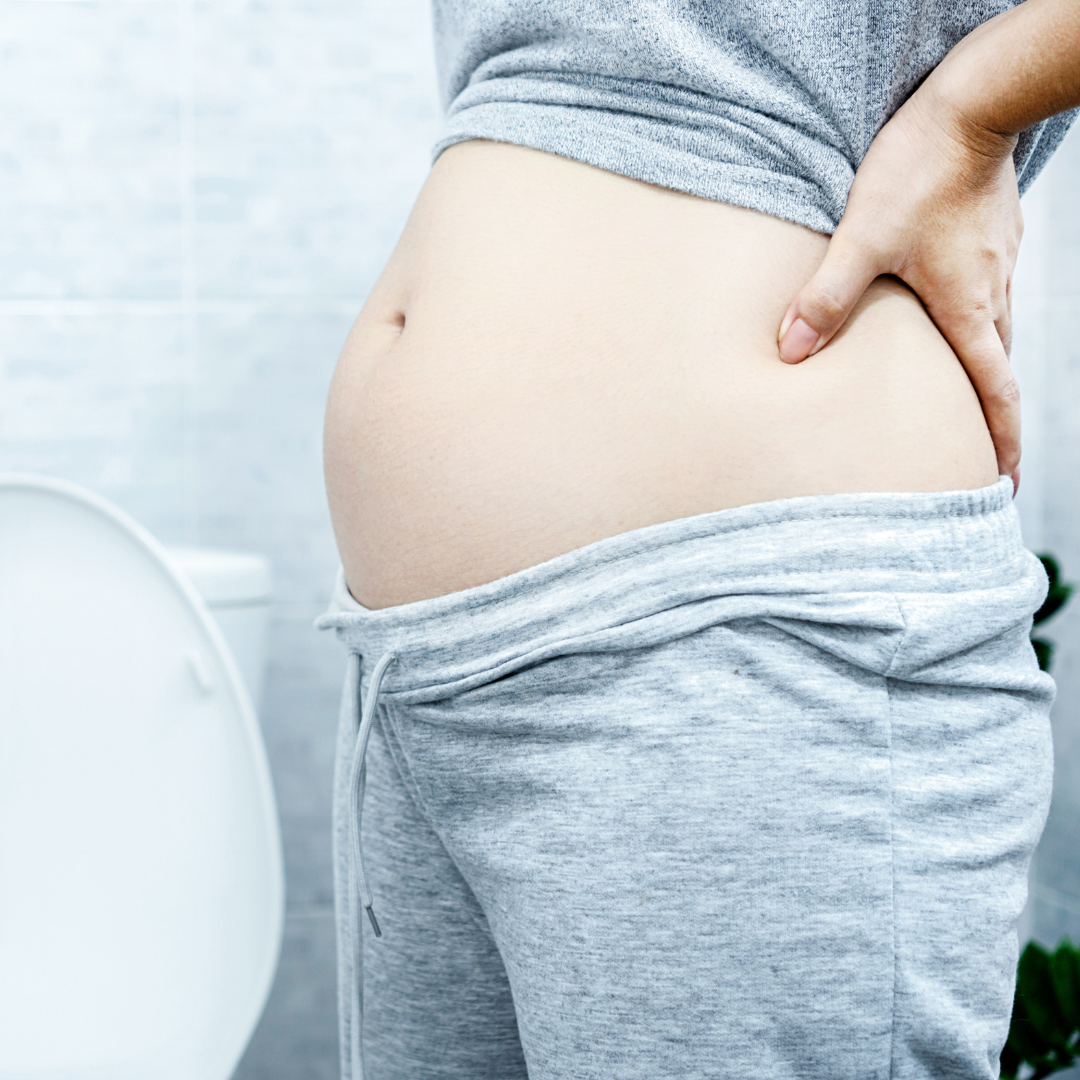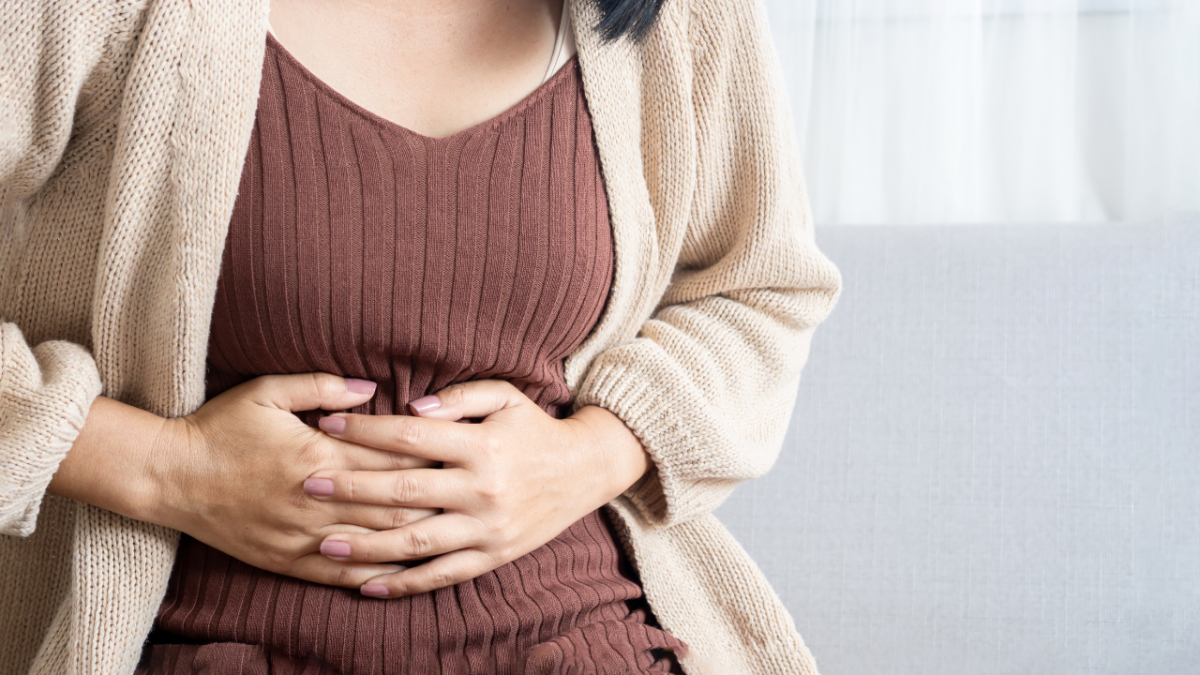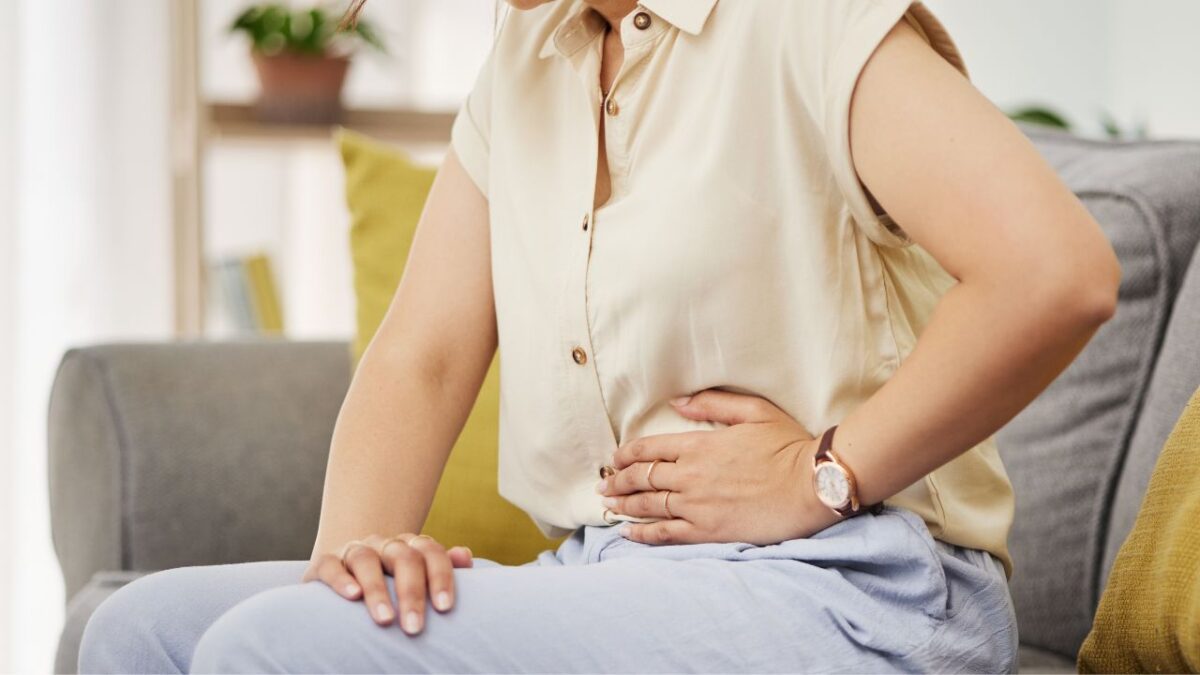10 Ways to Get Instant Relief from Menopause Bloating & Gas
For as long as I can remember, I’ve been careful about portion sizes and what I eat. But lately, even with careful planning, I can’t seem to shake a persistent, uncomfortable bloat. At 47, when friends and even strangers began to ask if I was pregnant, it hit me: something was different with my body. Along with the physical discomfort, I started noticing the impact on my confidence and how it was limiting my movement—I just didn’t feel like myself.
After a bit of research, I learned that bloating is a common issue during menopause. Hormonal shifts, especially with estrogen and progesterone, can disrupt digestion and lead to water retention. The more I read, the more I felt that my body was undergoing changes I hadn’t prepared for. But with these changes came a silver lining—there are natural ways to relieve bloating that don’t require medication. Here’s what I learned and the strategies that actually worked for me.
Why Menopause Can Cause Bloating
Menopause introduces a roller coaster of hormonal changes. Estrogen levels dip, leading to fluid retention and shifts in how our digestive system operates. Low progesterone levels slow down digestion, and stress or disrupted sleep patterns (hello, menopause insomnia) can add to the bloating. If you’re dealing with a similar situation, don’t worry—this discomfort doesn’t have to become your new normal.
Natural Ways to Release Menopause Bloating
I started trying a few simple lifestyle changes and found the following tips to be truly helpful. Incorporate them gradually, and you may just start to notice the bloating ease up.
1. Hydrate with Water and Herbal Teas
At first, I thought more water would make bloating worse, but it’s quite the opposite! Drinking plenty of water helped flush out excess sodium and kept my digestion flowing. I found that adding a cup of ginger or peppermint tea also gave me an extra boost, soothing my digestive system and easing the discomfort.
2. Limit Salt and Processed Foods
Salt can be a sneaky bloating trigger, especially in processed foods. I started swapping out processed snacks for fresh fruits, veggies, and whole foods, and I noticed a big difference. Reducing my salt intake helped reduce the water retention that had been aggravating my bloating.
3. Increase Fiber Gradually
Fiber is essential for digestion, but I found that too much fiber at once actually worsened my bloating. I started by introducing it slowly—adding fiber-rich foods like apples, oats, and chia seeds to my diet. Drinking water alongside the fiber-rich foods was key to keep things moving smoothly.
4. Make Time for Daily Movement
Movement has become a daily habit that I now look forward to, especially because it helps relieve bloating. Simple activities like walking, yoga, or light stretching helped ease my bloating by getting digestion moving again. I also noticed that exercise seemed to balance my mood swings, which was a nice bonus!
5. Incorporate Probiotics and Fermented Foods
Gut health has a huge impact on bloating. I started adding a few spoonfuls of yogurt and fermented foods like sauerkraut and kimchi to my meals. Not only do these foods help balance gut bacteria, but they also aid digestion and reduce bloating. After just a week of adding these to my diet, I felt a noticeable difference.
How to Release Bloating Instantly: My Go-To Tips
Even with these strategies, there are still days when bloating sneaks up on me. Here’s what I reach for when I need instant relief:
6. Warm Lemon Water
When I feel that uncomfortable fullness, a glass of warm lemon water is my first choice. The acidity helps my digestion, and warm water feels soothing on my stomach.
7. Gentle Yoga or Stretching
When I’m bloated, I’ve found that a few gentle yoga poses can bring instant relief. Moves like knees-to-chest and seated twists make all the difference, helping gas move through my system quickly and easing that heavy feeling.
8. A Brisk Walk
Sometimes, just a short, brisk walk helps ease the bloating. I’ll go for a quick 10–15 minute stroll, and I notice a difference by the time I’m back home. Walking helps move trapped gas and supports digestion.
9. Ginger or Peppermint Tea
For days when I feel especially uncomfortable, I brew a cup of ginger or peppermint tea. Both herbs have digestive benefits, and sipping slowly feels like a mini self-care moment.
10. Abdominal Self-Massage
This was a game-changer for me: a simple, gentle massage on my lower abdomen. Massaging in small, clockwise circles helped relieve gas and gave me instant comfort.
Since making these changes, I’ve noticed that the bloating is much more manageable. It’s empowering to know that even as my body changes, there are natural ways to support my health and well-being. So next time you’re feeling the discomfort of bloating, give these tips a try and find what works for you.





